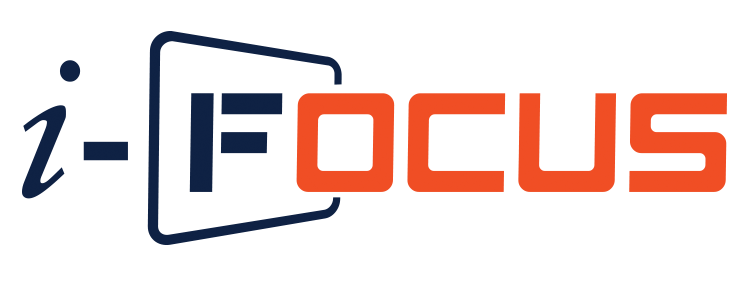Analysis of Corrugated Bulkhead Against Transverse Plane Bulkhead in a Tanker Ship
Abstract
Ship is built from thousands of integrated construction materials. The selection of a strong and efficient construction material is significant since it directly affects the weight of the ship. For a watertight bulkhead in a tanker ship, there are two kinds of bulkhead construction which are transverse plane bulkhead and corrugated bulkhead. The selection of these two bulkhead constructions for watertight bulkhead is based on the bulkhead strength analysis as well as bulkhead weight. The analysis was conducted using an engineering structural analysis software by comparing the bulkhead structural configurations which has the same von Misses tension. For corrugated bulkhead, corrugation angle was simulated between 45°- 90° while for transverse plane bulkhead, the range of stiffener distances was simulated between 400-1400 mm. The result shows that minimum corrugated bulkhead weight which is 41.18 ton can be obtained on the corrugation angle of 60o with the structural efficiency ratio of 1.79% - 30.91% while for transverse plane bulkhead, minimum weight of bulkhead which is 71.175 ton can be obtained on the stiffeners distance of 600 mm with structural efficiency ratio of 2.62% - 60.25%. It can be seen that for the same von Misses tension, corrugated bulkhead construction is more efficient in terms of bulkhead weight and cost with the difference weights of almost 30 ton.











